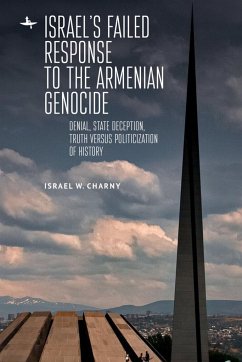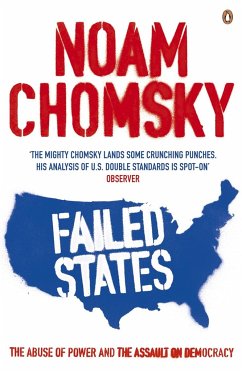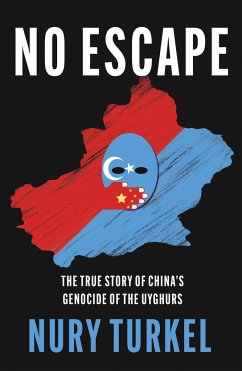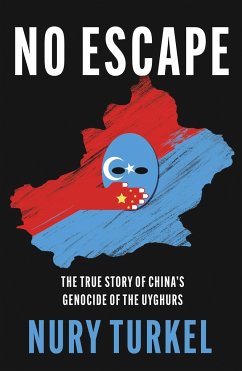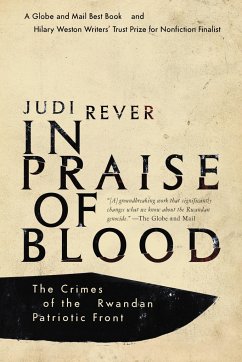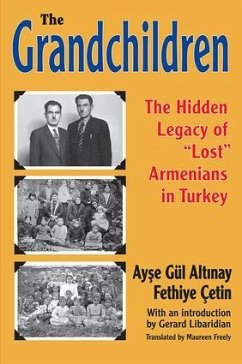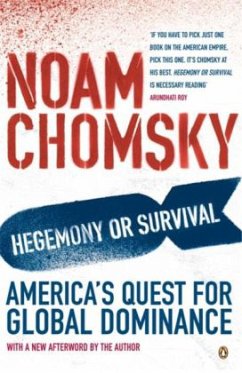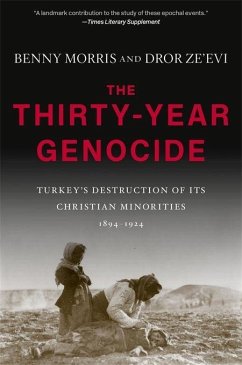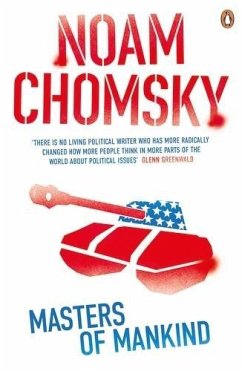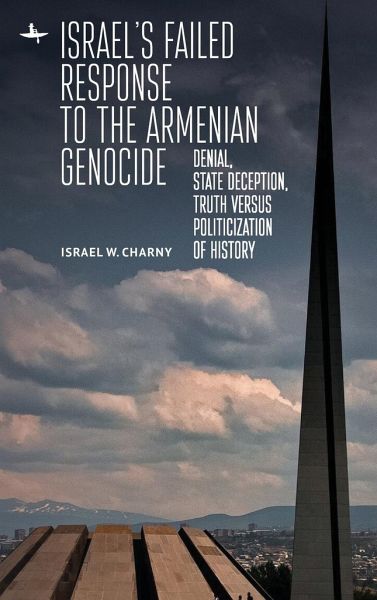
Israel's Failed Response to the Armenian Genocide
Denial, State Deception, Truth versus Politicization of History
Versandkostenfrei!
Versandfertig in 1-2 Wochen
90,99 €
inkl. MwSt.
Weitere Ausgaben:

PAYBACK Punkte
45 °P sammeln!
When the Turks demanded the cancellation of all lectures on the Armenian Genocide and the non-participation of Armenian lecturers, the Israeli government demanded the same of the First International Conference on the Holocaust and Genocide. This book follows the author's campaign against the Israeli government and his quest to hold the conference.





